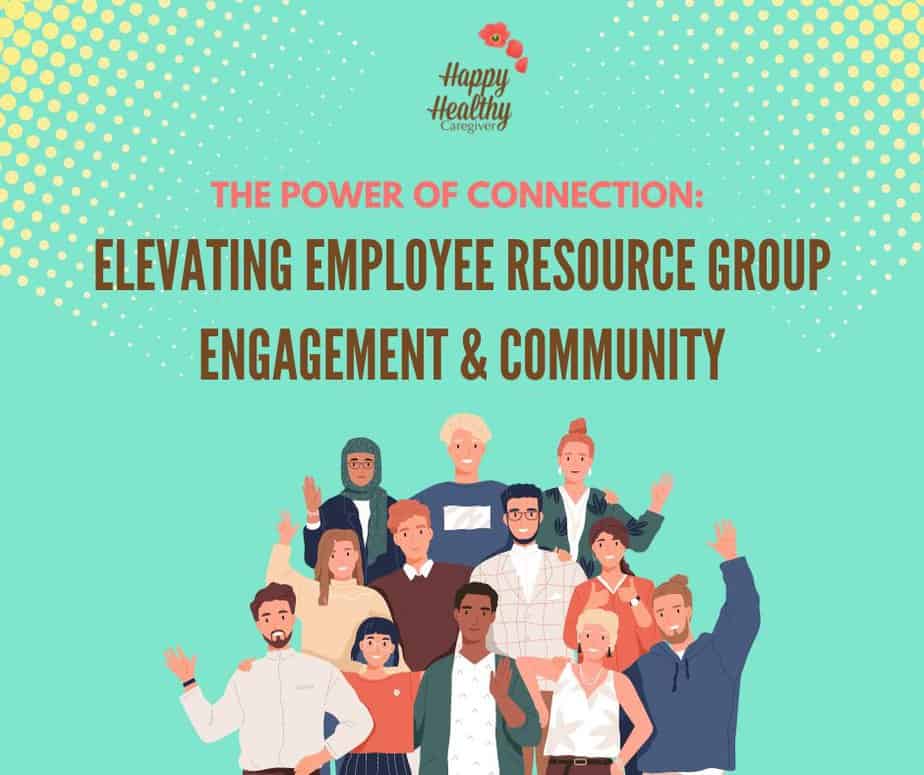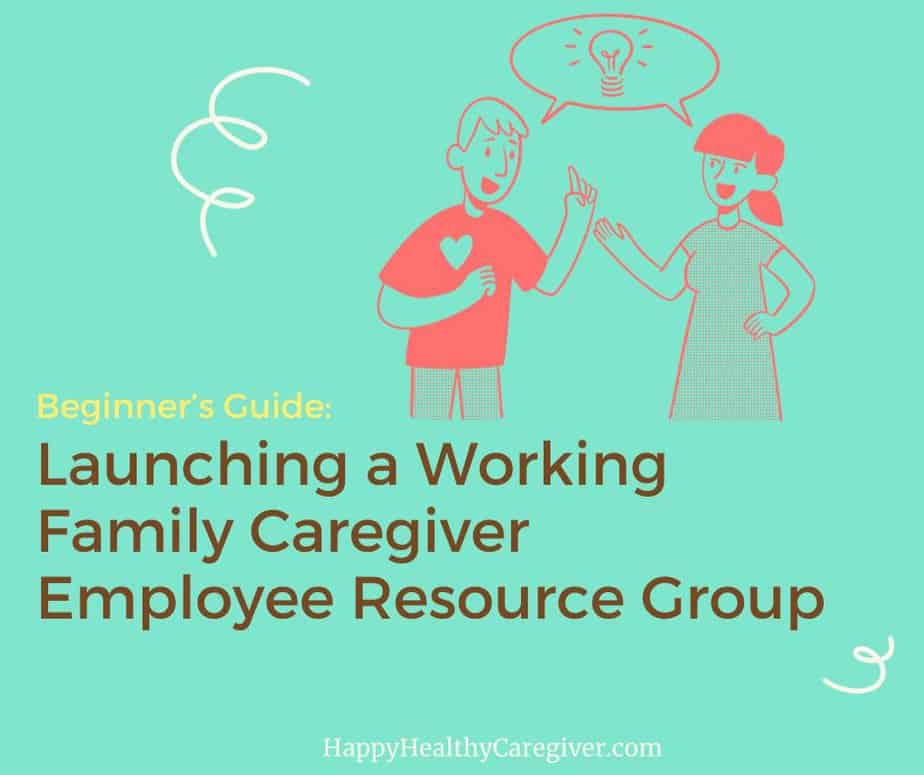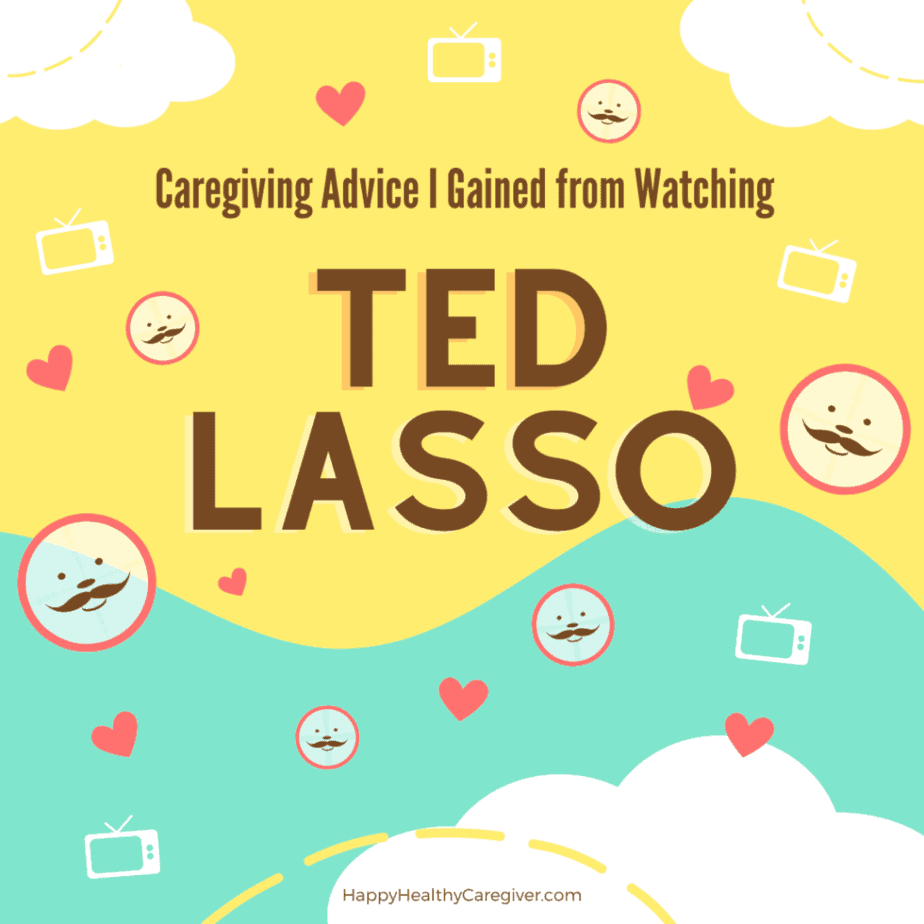I didn’t coin the phrase ‘courageous conversation’, I first heard this term from my sister who used it in the context of meetings she has with her employees where she has to often coach them on how they can improve.
When she shared that term with me, I immediately thought of those uncomfortable but necessary conversations I have had to have with my parents.
After my dad retired, my parents made Florida their primary residence and Michigan their summer residence. They lived independently for many years and outsourced the tasks and jobs that they really no longer wanted to do and could afford someone else to do such as housekeeping and yard maintenance.
Gradually over the years, independent living became a struggle and the amount of everyday living tasks that were being outsourced expanded. Individuals were hired to grocery shop, prepare meals and snacks, and run errands. Then, as my mom became less mobile, personal assistance was needed organizing medications, massaging and wrapping her legs, showering, driving and accompanying her to various doctor appointments.
While they lived on the ocean in their dream home, they were mostly confined to the condo. Independent living for them was like wading in the ocean. When their health was status quo and their help was coming consistently, life was doable. But, as soon as a big unexpected wave crashed in, it would topple them over and have a ripple effect on our entire family.
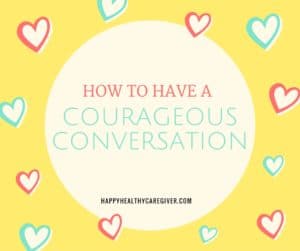
My First Courageous Conversation with my Parents
My first courageous conversation was really a one way conversation where I poured my concerns and feelings out to my parents in a lengthy heartfelt ‘intervention’ letter. I kept a copy of the letter and stumbled across it in an old file the other day.
It wasn’t dated but I’m guessing I wrote it in early 2000’s when my kids were small. I was big into AMC’s Intervention show at the time and really wanted to have a formal intervention with my parents. My parent’s found out about the planned intervention and I ended up mailing them my letter with a separate cover letter explaining why we wanted to do this.

Here are some excepts from these handwritten letters that still bring tears to my eyes when I read them:
“The point of my enclosed letter is to try and make you understand how your health impacts everyone around you. Lately I’ve noticed that it has made a serious impact on my relationship with each of you…you may not like me, or what I have to say at times but in some ways I feel like your parent now…I have doubts with you both doing this [getting healthy] on your own…I’m scared for each of you…”
“Some people kill themselves with alcohol, others with drugs, you have chosen a more socially acceptable killer – food & inactivity. Feelings of sadness come over me when I think that you all will pass from this & I will be at your funeral wishing I did more to try and get you back on the right path.”
“I’d love to be able to look at you both & see an example for what I could achieve. But when I look at you I’m scared. Scared you’ll die sooner than you should & scared I’ll end up like you.”
“The last few time we’ve been together, I find it difficult to enjoy your company. I worry about what to buy before you come. I know your will power is weak & if I have junk around you’ll eat it and I’ll be contributing to your problem. I worry about what to cook or where to go out.”
“Lately I’ve been thinking that if the situation was reversed…I know you would do everything in your power to help me.”
“You all have three tools at your disposal to help you. You have time. You have money. You have family that cares.”
“Stop being stubborn…stop making excuses…stop pointing the finger at each other.”
“Chin up. Don’t quit. As for help. Take advice. Just do it. For us, for you. You are worth it!”
“I love you. I want you around. I want to see you enjoy your golden years. I want you to live. But only you have the power to change. I’m begging and pleading that you do. I love you – Elizabeth”
More Courageous Conversations in Recent Years
A true courageous conversation for me has involved emotion and tears. My dad was my mom’s primary caregiver for so many years after this. He orchestrated everything that helped to maintain their lifestyle such as investing their money, paying bills, and keeping up with all that was involved with their cars and homes.
He was tired and overwhelmed and didn’t have anyone really to reach out to for support besides family. I can’t count the number of conversations we had in-person and over the phone where he said ‘I can’t do this anymore’ but every time a solution was proposed, mom and dad would have some excuse for why it wouldn’t work.
For as organized and planned out my parents were I felt like we had no real plan for when the other shoe was going to drop and we all knew it would eventually drop.
So many times, I would talk to my mom and dad about downsizing and moving closer to family so we could be available. We even looked at a senior ranch house near me during one of their visits. They teased the idea for a while but nothing happened and during one conversation before all the medical drama in 2014, my parents sternly told me they were not going to move. They said they were aging in place – end of story. Drop the subject.
Then, my mom was hospitalized in 2014 and it was a big deal because we didn’t think she was going to come out of the hospital that time. It ended up that after several weeks she was transferred to a rehab facility and then home.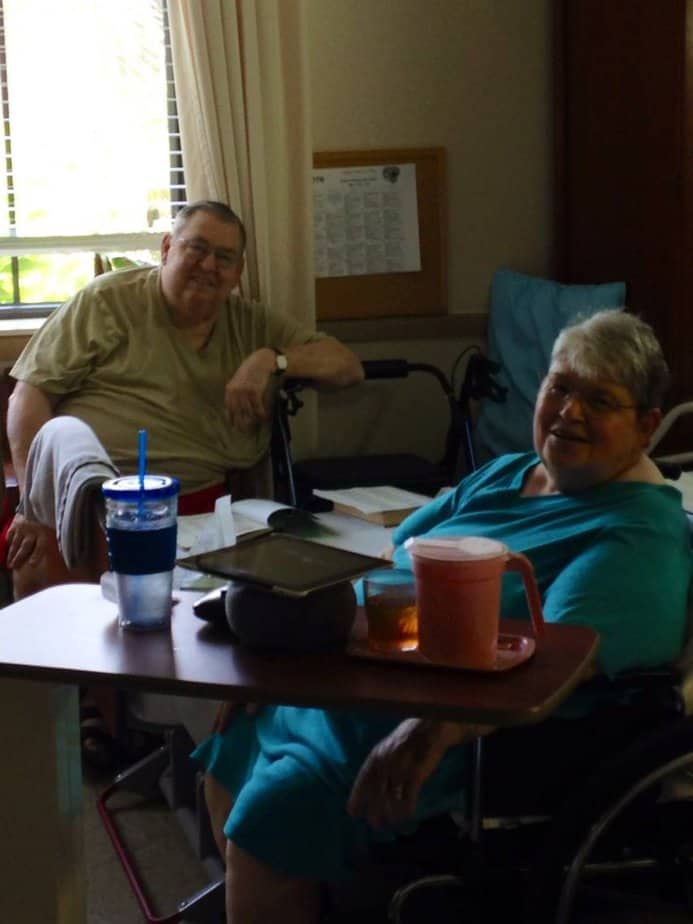
During this time, when it was my week to be down in Florida supporting my parents, I went out to a steak dinner with my dad and we had a courageous conversation. It was late so the restaurant was empty except for us and the occasional visit from the waiter.
Dad and I were both emotional and I gave him permission to not have to face this journey alone and that we needed to be near them as much as they needed to be near us. He needed help and needed to accept it. He also needed to realize what an impact this was having on all of his children and his sister’s family. My dad rarely cried so when he did you took notice.
I finally got him to the accept that he and mom needed to move to Georgia and look at assisted living options. I left that trip and my brother and I started researching places for couples.
But, another unexpected wave crashed in.
Soon after my mom was discharged to recover at home with the occasional visits from home health and visits to outpatient physical and occupational therapy, my dad got sick and was hospitalized. We upped our search for assisted living with the intention to move my mom and dad right into that facility when my dad got discharged.
But dad didn’t get discharged. He fought hard to breathe on his own after trying to get off the respirator four times but his lungs, kidneys, and heart were fighting over what resources he had. He spent the last week of his life in a hospice facility and passed away surrounded by his family. You can read about his celebration of life ceremony here.
Mom was distraught, grieving, scared, and overwhelmed. We knew we couldn’t leave her in Florida to care for herself for the majority of each day and pick up all the responsibilities dad had. There wasn’t an option she was going to like. My sisters and I had another courageous conversation. So many tears.
We explained to mom that we loved her and would never do anything with a mean heart. She needed family and we needed her. It was time. We would make all the arrangements and we would find her the best possible place.
We had to share how her decisions were impacting our lives and that we had put much of our own lives on hold or disrupted them for many months and there just wasn’t a way we could be traveling back and forth. It was heartbreaking and I wrote about having this difficult talk related to assisted living in an earlier post.
I’ve had smaller courageous conversations with mom about taking her medications, moving her body more by going to the dining room and socializing with other residents, and advocating for herself for better care at her assisted living facilities. We’ve said mean things to each other. We’ve cried together a lot. But, it has always come from a place of love.
Tips for Having a Courageous Conversation
Ultimately, I think if you have a courageous conversations built around love and what’s truly best for that person, you can’t go wrong with delivering the message.
Center the conversation mostly around them and what their lifestyle is doing to their health & happiness.
It’s okay to definitely share how their choices impact your relationship with them because again that involves them.
It’s also okay to set boundaries of what you are willing to do and not do because again that lets that person know that they will need to find another solution or option to get the desired results they are looking for.
I share all of this to perhaps prompt you to have that courageous conversation with your loved one. I also share it so that you know how important the Happy Healthy Caregiver mission is personally for me – how motivated I am to help others seek self-care methods so they don’t burnout and so that they can live happier and healthier lives.
What courageous conversations do you need to have with your loved one? What courageous conversations have you had?


